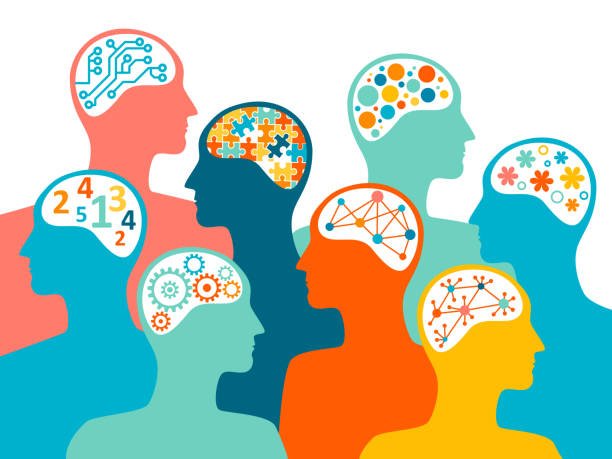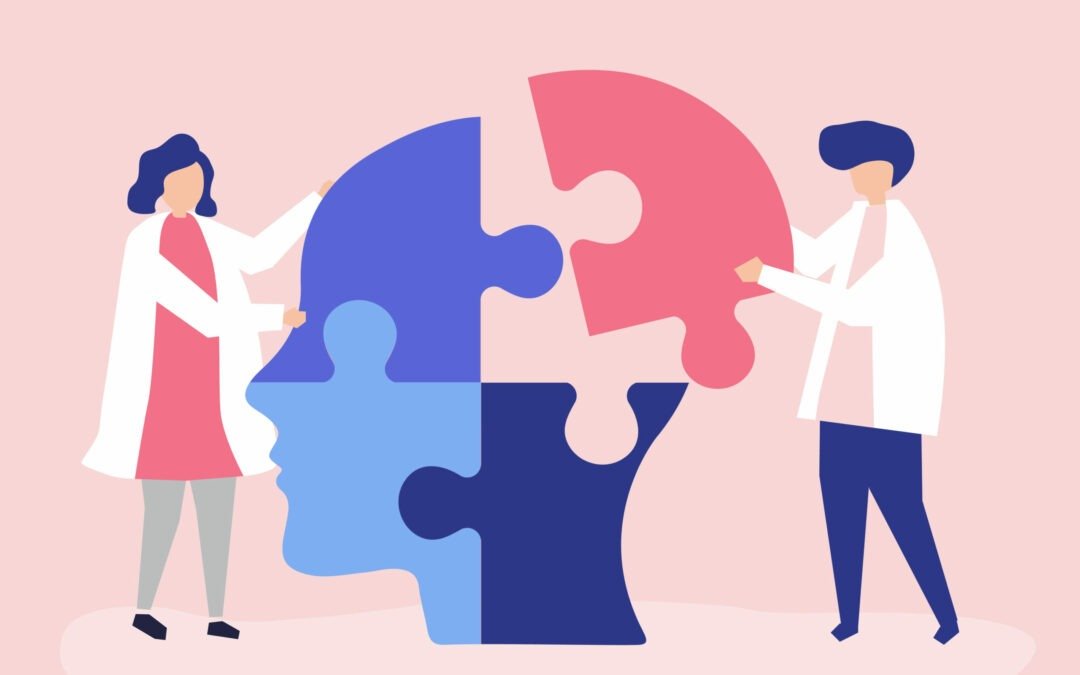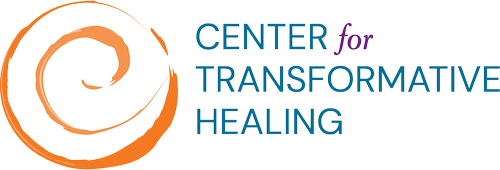
Workshops
We're proud to offer a range of continuing educational programs that are approved by the National Board for Certified Counselors (NBCC). Our programs are designed to meet the diverse needs of counseling professionals, providing them with the latest insights and practical skills needed in today's dynamic mental health landscape.

Therapeutic Considerations and Strategies for Neurodivergent Families
Click here to register for this workshop for clinical professionals!
This workshop will explore the complexities of neurodivergent family dynamics, shifting the focus beyond supporting a single neurodivergent child to understanding how family relationships and overall functioning are impacted when multiple members experience neurodivergence, such as Autism Spectrum Disorder (ASD) or Attention Deficit Hyperactivity Disorder (ADHD). Attendees will gain insights into the unique challenges, relational patterns, and strengths within these families, as well as strategies for fostering connection, communication, and resilience.
The session will cover common relational dynamics, the effects of societal stigma, and the balance of responsibilities among family members. Clinical strategies will be shared through collaborative discussion, focusing on relationship-centered behavioral approaches that empower parents and caregivers. Participants will explore methods for maintaining an effective therapeutic alliance with the whole family while supporting individual and collective developmental processes.
Through lecture, experiential activities, and discussion, attendees will enhance their ability to support neurodivergent families with communication, connection, and conflict resolution.
Meet Our Presenters
Deanna Linville, PhD, LMFT Deanna Linville, PhD, LMFT is the Founder and Executive & Clinical Research Director at the Center for Transformative Healing in Eugene, Oregon. With over 25 years of experience in marriage and family therapy, she specializes in systemic, relationship-centered approaches to health, neurodivergent family dynamics, and reducing mental health disparities. Deanna is a licensed therapist in Oregon and Washington and an AAMFT Approved Supervisor, Deanna has authored over 50 publications and received multiple awards for teaching, research, and contributions to diversity and innovation. She integrates evidence-based practices into community-based care and has held academic leadership roles and continues to serve as faculty at multiple universities. In addition, Deanna provides clinical, research, organizational consultation. Away from her clinical and academic work, Deanna enjoys spending time outdoors with her family and friends!
April Scotton, M.Ed., LMFT
April Scotton has over 15 years of experience working with children and families in Lane County. She specializes in using evidence-based practices that are individualized and culturally responsive. Her work spans the private, public, and nonprofit sectors, where she has served as a family therapist, supervisor, trainer, and consultant. April is passionate about supporting meaningful change in families, specifically, holding hope, strengthening parent-child relationships, and encouraging new patterns and strategies. She is committed to cultivating a workforce that enjoys working with families and embraces a prevention mindset. April currently serves as Clinical Director at OCP, a community mental health and treatment foster care agency, and maintains a small private practice focused on supervision and clinical work. In her free time, she enjoys gardening, spending time with her children, and being outdoors!
This Workshop will be hosted as a live zoom webinar partnered with Oregon Community Programs (OCP)

Supporting Families of Trans Youth
Join us for an engaging and informative live webinar for clinical professionals focused on supporting families of transgender youth. Designed for therapists and professionals, this interactive session will explore key topics such as navigating complex family dynamics, fostering a strong therapeutic alliance with the entire family, and effectively guiding a youth and their parents through critical developmental milestones. Through a mix of lecture, experiential activities, and group discussions, attendees will gain practical tools to enhance communication, strengthen connections, and manage conflict resolution within families. Participants will also have the unique opportunity to submit clinical scenarios prior to the workshop for real-time consultation and guidance during the session.
About our presenter: Jayson Peterson is a Licensed Marriage and Family Therapist in the state of Oregon, specializing in individual, relationship, and family therapy and practices in Eugene, Oregon. He holds an MEd in couples and family therapy from the University of Oregon. Jayson has been in private practice for 11 years. He additionally offers clinical supervision for LPC and LMFT interns in the state of Oregon, as well as consultation appointments or educational presentations for other clinicians and/or organizations.
Click to learn more about this workshop and Jayson!

Turning Despair into Joy with Pain Relief in Psychotherapy with Dr. David Clarke
David D. Clarke, MD, will teach participants how to recognize and treat psychophysiologic disorders (PPD) in patients experiencing chronic pain or illness that is not explained by disease or injury.
Learn more about PPD here.

Workshop 3: Stress, the Brain, and Health: Treating Trauma and PTSD
Stress, the Brain, and Health: Practical Tools for Mental-Health Practitioners
Workshop Description: The workshops are based on the Unease Modulation Model of stress http://www.frontiersin.org/articles/10.3389/fpsyt.2019.00379/full
This model describes 5 components of stress in terms that are experiential and rooted in every-day situations. Participants will learn about their own stress response system and how to manage their stress effectively. These tools will help build their resiliency and prevent burnout as well as enable them to explain their client's and student's problems and solutions in a way that is jargon-free, engages the client/student, instills hope, and combats demoralization. The content will show how a wide variety of psycho-therapeutic techniques can be understood within the framework of the model. Therapists will then be able to use the techniques they are familiar with more effectively and apply them to a wider variety of mental health conditions.

Cultural and Ethical Considerations in Clinical Supervision
Attendees will learn about ethical and multicultural influences on clinical supervision. The live webinar will cover topics such as therapist-client-supervisor relational dynamics, ethical dilemmas and decision making in the context of clinical supervision, and ways for supervisors to consider the multicultural context and its implications for supervision. Through lecture, experiential activities, and discussion, attendees will increase their clinical supervision knowledge and skills. In addition, attendees will learn how to navigate the ever-evolving supervisor-therapist-client relationships. The majority of the webinar will focus on how to consider the intersection of culture and ethics within the supervisory relationship.

Workshop 2: Stress, the Brain, and Health: Treating Substance Use and Behavioral Disorders
Stress, the Brain, and Health: Practical Tools for Mental-Health Practitioners
Workshop Description: The workshops are based on the Unease Modulation Model of stress http://www.frontiersin.org/articles/10.3389/fpsyt.2019.00379/full
This model describes 5 components of stress in terms that are experiential and rooted in every-day situations. Participants will learn about their own stress response system and how to manage their stress effectively. These tools will help build their resiliency and prevent burnout as well as enable them to explain their client's and student's problems and solutions in a way that is jargon-free, engages the client/student, instills hope, and combats demoralization. The content will show how a wide variety of psycho-therapeutic techniques can be understood within the framework of the model. Therapists will then be able to use the techniques they are familiar with more effectively and apply them to a wider variety of mental health conditions.

Workshop 1: Stress, the Brain, and Health: Treating Anxiety and Depression
Stress, the Brain, and Health: Practical Tools for Mental-Health Practitioners
Workshop Description: The workshops are based on the Unease Modulation Model of stress http://www.frontiersin.org/articles/10.3389/fpsyt.2019.00379/full
This model describes 5 components of stress in terms that are experiential and rooted in every-day situations. Participants will learn about their own stress response system and how to manage their stress effectively. These tools will help build their resiliency and prevent burnout as well as enable them to explain their client's and student's problems and solutions in a way that is jargon-free, engages the client/student, instills hope, and combats demoralization. The content will show how a wide variety of psycho-therapeutic techniques can be understood within the framework of the model. Therapists will then be able to use the techniques they are familiar with more effectively and apply them to a wider variety of mental health conditions.


